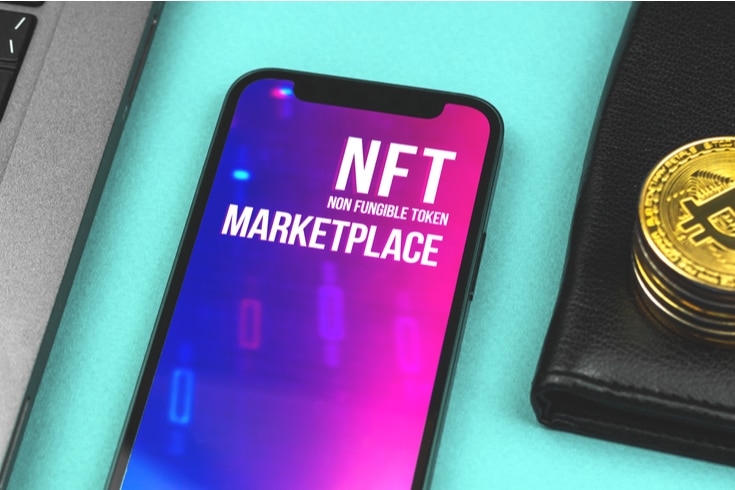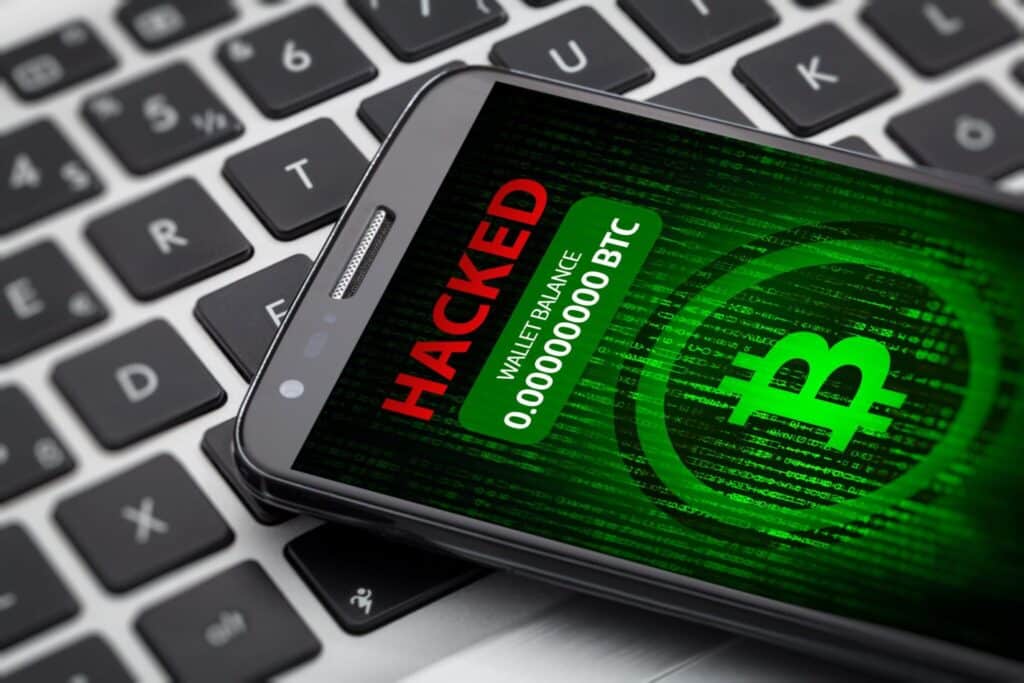Legal Issue When Buying “Land” in the Metaverse
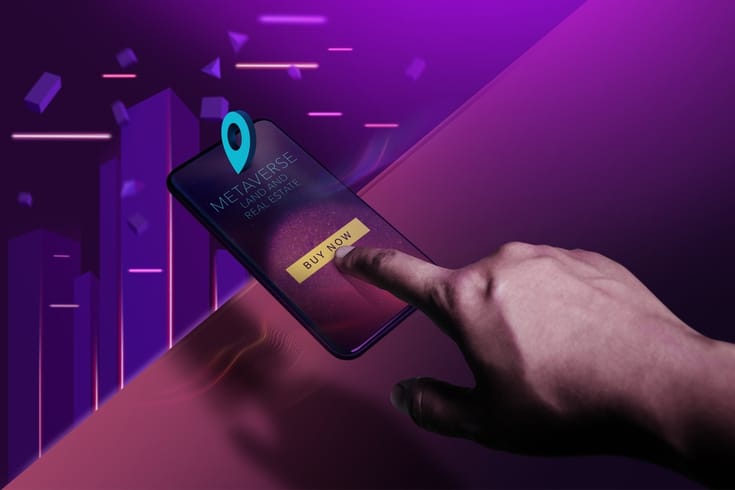
The term “metaverse” has become more common in these days.
In October 2022, the renowned US-based IT firm Facebook rebranded itself as “Meta Platforms”, sparking widespread interest in the Metaverse. Japanese companies are also following suit, announcing their entry into the Metaverse market one after another. Consequently, there has been a surge in the development and investment activities in this space.
It is true that the obstacles to its commercialization are indeed significant because metaverse is a new concept. Some people may harbor skepticism and concerns regarding the practicalities of monetization and commercialization. In fact, there are a lot of legal issues to capitalize the Metaverse for business purposes.
In this article, we will highlight the unique features of the Metaverse and its applications in the business world. Additionally, we will delve into the legal intricacies surrounding land transactions in the Metaverse.
What is the Metaverse
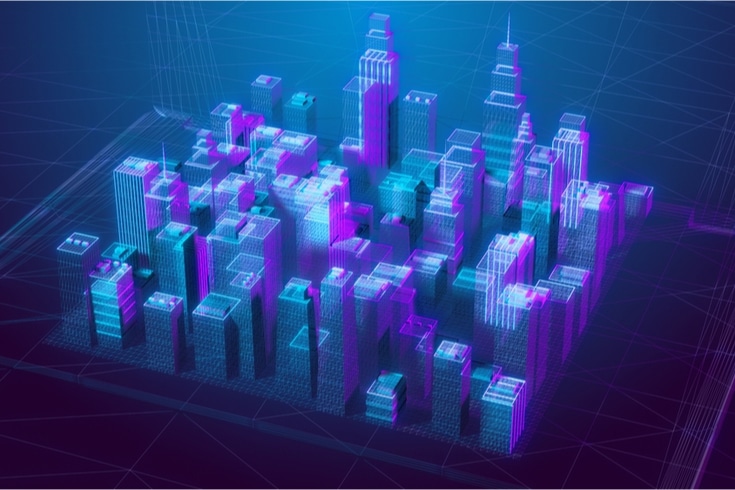
The term, Metaverse, means that “three-dimensional (3DCG) virtual space” and the services which are constructed online. The name is derived from the Greek prefix “meta” and “universe”. The term was initially introduced in Neil Stevenson’s 1992 science fiction novel, “Snow Crash”, as a fictional virtual space service. It has since gained popularity, particularly in English-speaking countries.
Virtual space goes by several names such as WIRED (connected places), virtual space, VR (virtual reality space), and cyber space (cyberspace). As of now, there isn’t a standardized interpretation or definition of the Metaverse. In the Metaverse guidebook “Metaverse Evolution” (Gijutsu Hyoronsha | 2022), seven criteria are listed including “spatiality”, “self-identity”, “accessibility”, “large-scale simultaneous connectivity”, “immersion”, “creativity”, and “economic efficiency”. The online virtual space that meets these requirements is defined as the Metaverse.
Expanding Metaverse Market Size in Japan
It is anticipated that business-oriented metaverse services will initially gain traction in the domestic market, with subsequent expansion into the consumer space.
Due to the impact of COVID-19, There are rapidly increase of the demand for services that can be substituted for virtual space such as internal meeting, virtual exhibitions for corporations and online seminars. It is expected to continue as the distinction between what should be done in real life and what can be done online becomes clearly from a cost effectiveness perspective.
As per the 2022 Information and Communications White Paper from the Ministry of Internal Affairs and Communications, the Metaverse trading market is estimated to have reached 4,264 billion yen in 2021 and is projected to grow to 78,870.5 billion yen by 2030.
On the other hand, the domestic Metaverse market, including the total value of Metaverse platform, content infrastructure, and XR equipment (VR/AR/MR), is estimated to be worth 74.4 billion yen in 2021. It is projected to increase to 182.5 billion yen in fiscal year 2022, which is 245.2% of the previous year’s value.
In the upcoming year of 2021 to 2022, prominent companies are expected to venture into the Metaverse market consecutively. As a result, several Metaverse platforms will be unveiled, with the goal of future commercialization. These platforms will conduct demonstration experiments through business alliances and collaborations with other companies.
Reference: Ministry of Internal Affairs and Communications|Information and Communications White Paper 2022
Reference: Yano Research Institute | Metaverse Domestic Market Trend Survey (2022)
Metaverse Case 1: Virtual City
In Japan, there has been progress in acquiring advanced clinical skills through VR experiences in medical education courses and applying them in welfare facilities. Additionally, the use of technologies such as digital twins, XR, VR, AR, and MR is becoming increasingly common. The real estate industry is also carrying out NFT-based transactions (which will be explained in detail later).
In the near future, users will have the ability to control their chosen avatar, which will serve as their alter ego in a secure virtual space. The security features will include digital watermarks to verify identity and ensure authenticity. This will enable users to engage in a range of experiences, including communication and transactions with other users.
Local governments in Japan are currently advancing the development and operation of a “city-linked metaverse/virtual city”, which is a virtual environment that is connected to real cities. For further information, please refer to the guidelines established by the Virtual City Consortium in April 2022, which provide legal guidance for the operation and usage of the Metaverse. Please note that this guidance is written in Japanese.
Official website: Virtual City Consortium | Virtual City Guidelines
Since 2022, the virtual space commercial sector has enabled economic activities such as real estate transactions and shopping, allowing users to experience events and spaces on the space station while creating 3D models of their services and products. This space offers a new “reality” where users can lead a novel lifestyle.
Metaverse Case 2: Architecture and Space Design
In July 2023, CyberAgent, Inc. founded a specialized entity, “Metaverse Architecture Lab,” with the objective of conducting research, devising plans, and developing architectural and spatial designs within the Metaverse.
Kengo Kuma, an architect and Distinguished Professor/Professor Emeritus at the University of Tokyo, has been appointed as an advisor. He is conducting research on spatial design specific to the Metaverse and how buildings can improve the user experience and brand value. Their objective is to develop virtual architecture that generates novel value.
The company has announced its intention to develop more than just commercial spaces. They plan to create complex facilities and virtual cities, as well as provide architectural concept design, content planning, and user experience design that can only be achieved through the Metaverse. Moreover, they are planning to verify the architecture of virtual buildings, conduct experiments, and create prototypes.
Buying Land and Goods in the Metaverse
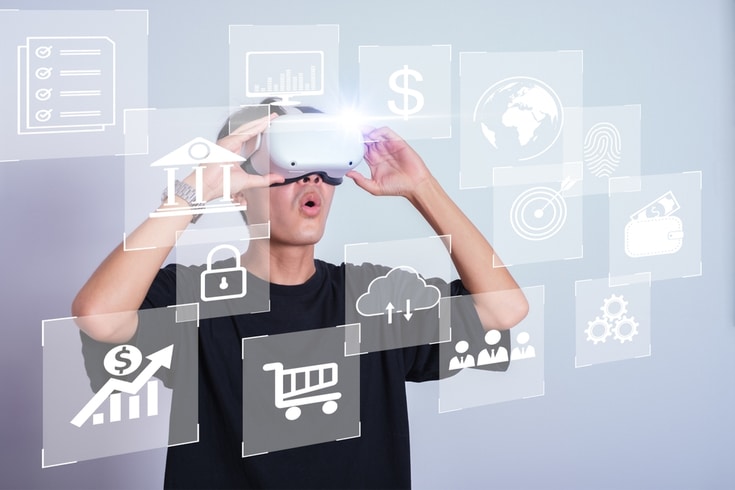
So what exactly does it mean to purchase “land” or “items” in the metaverse? In the real estate market, we frequently come across sales exhibitions utilizing the Metaverse and conversions of real estate into NFTs (which are further explained below).
Meanwhile, in the market for movable property such as jewelry, platforms are holding NFT-integrated fashion shows, EC sites, NFT auctions, and more.
<Case 1>
Players on “The Sandbox,” the world’s largest blockchain game platform headquartered in Hong Kong, can buy LAND (land parcels) in virtual space, rent or purchase NFTs, and use the land to create NFTs such as character services. This allows for conducting economic activities through NFTs.
<Case 2>
The NFT marketplace comprises OpenSea, the largest platform of its kind, provided by an American company, and Coincheck, a platform offered by a Japanese company. Users can create, control, purchase, and sell NFTs using three different methods – auctions, direct sales, and offers – on OpenSea.
Web 3.0, including the Metaverse, facilitates the transfer and distribution of ownership and management rights of information from traditional centralized platforms to individuals, leveraging blockchain technology (distributed ledger technology). This paradigm shift is creating a new world that prioritizes proof of value and transparency.
In the virtual space known as the Metaverse, ownership or possession of real estate and movable properties can be established by utilizing a blockchain technology called NFT.
When it comes to the Metaverse, converting actual real estate into NFTs and carrying out transactions like buying and selling presents several benefits.
Although NFTs are tied to the value of actual real estate, they are considered data and are not governed by traditional real estate laws.
Real estate transactions can be considerably streamlined, reducing both time and costs involved in the process, thereby lowering transaction barriers. Metaverse employs crypto assets like Bitcoin and Ethereum, among others, offering the added advantage of low account opening and transaction fees on crypto asset exchanges like bitFlyer and Coincheck.
- No registration required
- There is no real estate acquisition tax or property tax.
- As NFT is blockchain tradable data, brokerage fees can be minimized, irrespective of the size of the trade.
- As there are no currency barriers or legal constraints, trading with foreign countries can be done effortlessly.
Despite the growing popularity of NFTs, there are still challenges surrounding the transfer of legal rights in their sale and purchase. It is anticipated that future legislation will address these issues. Currently, there are no established laws governing NFT real estate transactions, thus enabling free transactions with a wide range of operations and smooth settlement. The following are examples of high-value NFT transactions.
<Case 1>
In November 2021, The Sandbox land in Metaverse real estate transactions is expected to be priced at nearly 500 million yen by a US-based real estate development company. Similarly, Decentland will be sold at a price of approximately 300 million yen by a Canadian decentralized financial investment company. The frequency of high-priced trades for these properties is on the rise.
<Case 2>
In July 2021, Sotheby’s, the world’s oldest international auction company founded in London and headquartered in New York, successfully auctioned a 101.38ct (about 20g) NFT diamond for a high price. This diamond is the second largest pair shape ever to be auctioned, making it a rare find. Sotheby’s put it up for auction in Hong Kong as an NFT and it was successfully purchased with crypto assets (virtual currency) worth approximately $12.3 million (approximately 1.35 billion yen).
<Case 3>
In November 2021, the Caribbean nation of Barbados unveiled a plan to create the world’s first embassies in Decentraland and the Metaverse.
<Case 4>
In January 2022, South Korea’s Ministry of Science, Technology and Information Technology (MSIT) unveiled its national strategy for the Metaverse as part of the Digital New Deal 2.0 initiative. The plan involves a 223.7 billion won investment (about 21.45 billion yen) to establish the Metaverse ecosystem and provide support across diverse areas, including research and development and human resource development.
In February 2022, the Seoul Special City in South Korea unveiled the Metaverse City plan to introduce a “Metaverse Platform” as a local government in South Korea and offer novel public services through its use in administration. By the end of the upcoming year, the high-performance platform “Metaverse Seoul” will be established, with multiple stages planned to provide administrative services like economy, culture, tourism, education, and civic services.
<Case 5>
JP Morgan Chase, the largest bank in the United States, announced in February 2022 that it has opened a virtual store in Decentraland, thus becoming the first bank to enter the metaverse.
Ownership in the Metaverse
As virtual crypto assets are intangible objects, civil law does not recognize physical rights like possessory or property rights for mere data. Ownership isn’t a concept in the Metaverse, instead we use the term “holding”.
In the upcoming chapter, we will discuss how copyright and proprietary rights can be established in the virtual space through the use of a blockchain known as NFT.
NFTs and License
NFT stands for Non-Fungible Token, which encompasses authentication devices and data, including crypto assets or virtual currencies. The use of blockchain technology facilitates the safe guarding of digital works, making it difficult to imitate or share them.
In recent years, the emergence of NFTs (since approximately 2017) has made it possible to establish the authenticity and ownership of digital assets, similar to an appraisal. This means that by converting to an NFT, digital data that cannot be materialized can now have scarcity value.
NFTs now symbolize possession of a unique digital or physical asset. Technically, crypto assets in the virtual space do not have a notion of ownership, hence the term “holding” will be used.
With regards to NFTs, they can be monopolized as they are specifically designed to only be handled by those who possess knowledge of the private key managed by the blockchain wallet. Additionally, the blockchain records owner information and transaction history, facilitating the transfer of ownership to another individual.
In the case of “copyright”, it is possible to transfer the copyright when a copyright owner of NFT Art trades Art NFT and an agreement on the transfer of copyright is formed between the parties. However, in practice, it is common to obtain permission to use the copyright instead of allowing the acquisition of the copyright by owning the art NFT.
The term “NFT real estate” generally pertains to virtual land in the metaverse, but there are also numerous efforts underway to transform tangible real estate assets into NFTs.
Currently, “NFT real estate” is still in its early stages and it is unclear whether it refers to real estate in the Metaverse or if it’s the treatment of real estate in the physical world as NFT data. Transactions involving the former are riskier than typical real estate transactions, so caution is advised.
Legal Liability of Metaverse Platformer
To engage in the paid issuance and sale of crypto assets (virtual currency), it is mandatory to register as a crypto asset exchange business. These exchanges are subject to several regulations including the requirement to manage users’ funds and crypto-assets separately, and to confirm transactions. Depending on their nature, NFTs may be regarded as crypto assets, and it is crucial to be aware of the particular regulations that apply.
When engaging in activities within the Metaverse, it is possible to perform work for other players. In such instances, it is common for outsourcing agreements to be established in the form of gig workers, and there are generally no specific laws and regulations governing the Metaverse. However, if workers are recognized and employment contracts are established, they will be subject to various labor laws and regulations similar to those in the physical world. These may include the requirement to enroll in industrial accident insurance, receive payment in currency, and have their working conditions clarified.
The legal implications of the Metaverse remain undefined, leaving us uncertain on how to proceed. Unlike the open Internet, the Metaverse involves a closed space created on a platform provided by a specific operator.
In the realm of platform regulation, rules are predominantly shaped by the platform’s terms of use and technical specifications (architecture).
According to reports, certain virtual space platforms are considering using sensors to track the line of sight of players’ avatars to gauge the impact of advertisements. However, it is imperative to obtain consent before accessing any sensitive information.
Once this has been verified, it is deemed that private autonomy can be granted for transactions and other affairs.
Private autonomy is essential, but it must be supported by the rule of law. Decentralized blockchain networks that are not sponsored face a significant challenge in determining governing law.
The Ministry of Internal Affairs and Communications has stated that disputes arising in virtual spaces may require judicial remedies at some point. The adequacy of the alternative dispute resolution (online dispute resolution) provided by the platform is expected to be questioned.
A future legal issue that needs to be addressed is establishing regulations for resolving conflicts between virtual events and the real world (XR) when they intersect. This falls under the category of spatial law.
When specifying the conflict rules for each type, it is important to consider the circumstances. However, it is crucial to recognize the principle of “real world superiority” as a fundamental principle. It is imperative that policy judgments and value judgments established in the real world are not compromised in activities conducted in the virtual space.
The topic of considerable discussion on a global level is the regulations surrounding digital asset transactions, particularly financial and collateral transactions, in relation to virtual space and digital assets. This pertains to “property law”, which covers the rights to “things” and “land” in virtual space. However, the conversations are mainly focused on crypto assets and NFTs.
People possess a profound understanding of “intellectual property rights” and “moral rights,” and it is expected that promoting cross-sectional discussions that surpass these differing assumptions will facilitate the healthy growth of virtual space.
Consulting a Lawyer for NFT Transactions in the Metaverse
Up to this point, I have presented the legal considerations surrounding Metaverse property transactions for businesses interested in conducting NFT transactions within the Metaverse. While the Metaverse technology has proven itself valuable, this article highlights several legal matters that must be addressed.
Monolith Law Office is a law firm that specializes in providing high-level expertise in the IT industry, particularly in the fields of Internet and law. For Metaverse and NFT transactions, it is advisable to seek the advice of a lawyer who is knowledgeable in both legal matters and the latest IT technologies.
Countermeasures Guidance by Our Office
Monolith Law Office is a reputable law firm that specializes in IT, particularly the Internet and law. Cryptocurrency-related businesses have gained significant attention in recent years, and they require specialized legal scrutiny. Our firm analyzes legal risks associated with businesses that are already operational or about to launch, based on various legal regulations. We strive to legalize the business without disrupting its operations as much as possible.
Category: IT

